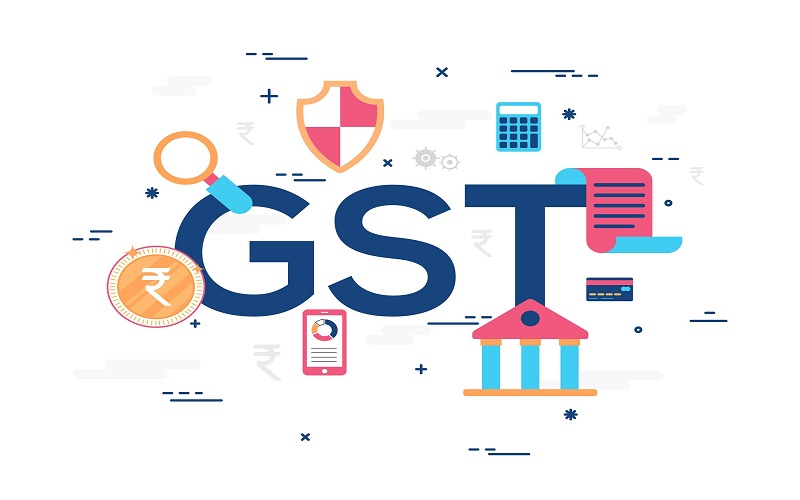
How Technology Can Simplify Your GST Registration Process
Technology expedites numerous processes in today’s fast-paced business climate, including GST registration. Leveraging technology can improve the GST registration process’s efficiency, accuracy, and timeliness for Singapore firms. This article investigates how technology can simplify GST registration and the role of GST registration services in leveraging these improvements.
The Evolving Landscape of GST Registration
GST registration is essential for firms operating in Singapore, especially those with a revenue of more than SGD one million. Traditionally, this process required extensive paperwork and manual submissions, frequently resulting in delays and inaccuracies. However, technological improvements have made GST registration more accessible and more manageable.
Digital Platforms for Seamless Registration
One of the most notable technology developments in GST registration is the Inland Revenue Authority of Singapore’s (IRAS) digital platforms. These platforms enable businesses to complete their GST registration online, removing the need for paper forms and in-person submissions. Businesses can quickly submit their applications, track their progress, and receive updates through the IRAS portal, all from a single digital interface. This online method expedites the registration procedure and lowers the possibility of errors associated with manual entry.
Automation Tools for Accurate Record-Keeping
Accurate record-keeping is crucial for GST compliance and effectively managing input tax credits. Automation tools can help with this. Modern accounting software and automation systems have made this process much more manageable. These technologies can automatically capture and categorise transaction data, create GST-compliant invoices, and keep detailed records. Integrating these technologies with your business’s financial systems ensures that all pertinent data is accurately documented and readily available for GST reporting and audits.
Cloud Solutions for Real-Time Collaboration
Cloud-based solutions have transformed how businesses manage their finances and GST-related operations. These platforms provide real-time access to financial data and documents from any location, facilitating collaboration between business owners and GST registration services. Cloud-based accounting tools enable organisations to share information, track spending, and manage GST-related duties more effectively. This real-time collaboration keeps all stakeholders informed and allows for rapid resolution of any concerns.
Advanced Analytics for Strategic Tax Management
Technology also offers robust analytics solutions that can help you with GST registration. These tools may evaluate transaction data, discover trends, and provide information on your business’s GST liabilities. By leveraging these analytics, companies may make informed decisions, optimise their tax strategy, and maintain compliance with GST regulations. These insights might be beneficial during audits and planning for future expansion.
GST Registration Services and Technology Integration
While technology has many advantages, using these tools in your GST registration procedure might be difficult. Here is where GST registration services come into play. Professional services can help firms identify and execute technological solutions that meet GST compliance standards. They can also provide continuing support to resolve technical issues and ensure your technology systems are operational.
Conclusion
Incorporating technology into the GST registration process can considerably increase efficiency, accuracy, and compliance. Digital platforms, automation technologies, cloud-based solutions, and advanced analytics all help to simplify GST registration and management. However, navigating these technologies and efficiently integrating them frequently requires professional assistance. Businesses may maximise the benefits of technology while ensuring that their GST registration process is efficient and compliant with Singapore’s regulations by using GST registration services and improving operational efficiency. Embracing these technical improvements positions your business for long-term success in a competitive market.


